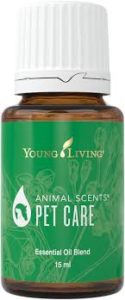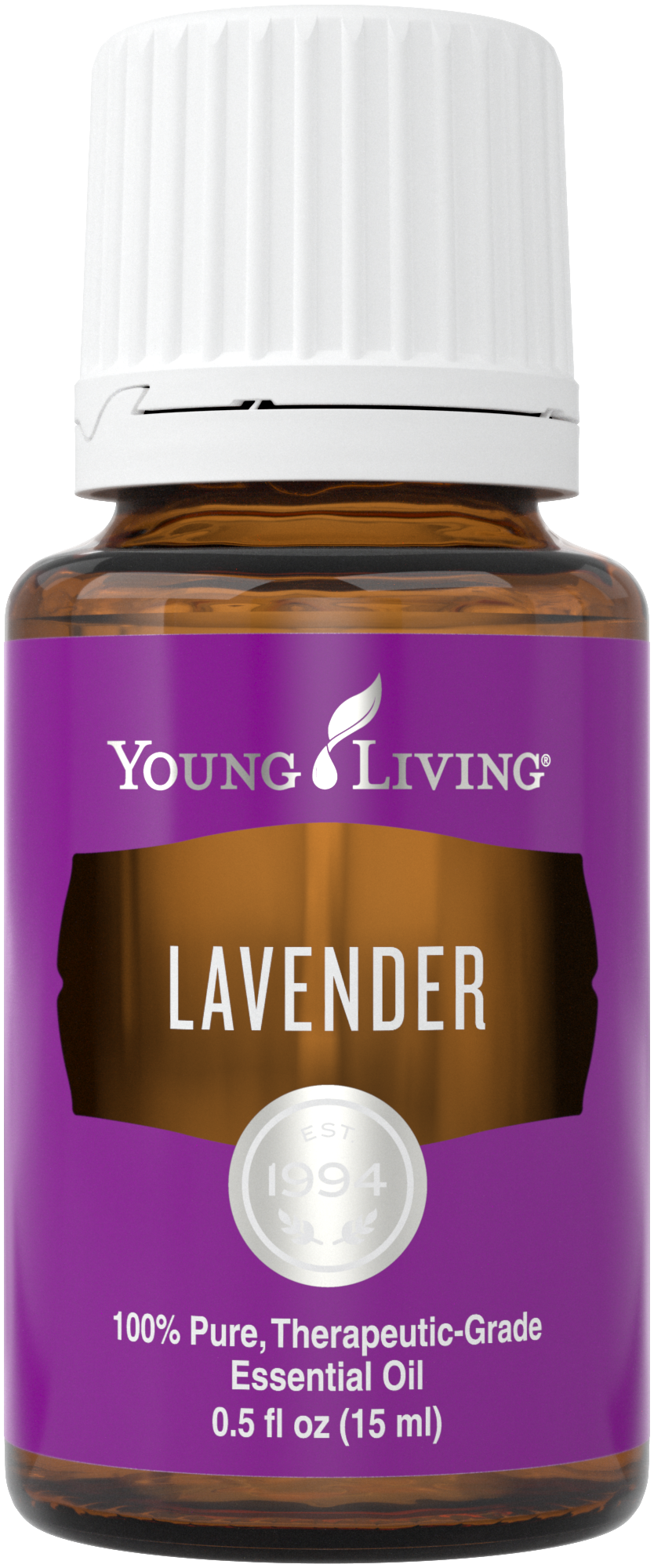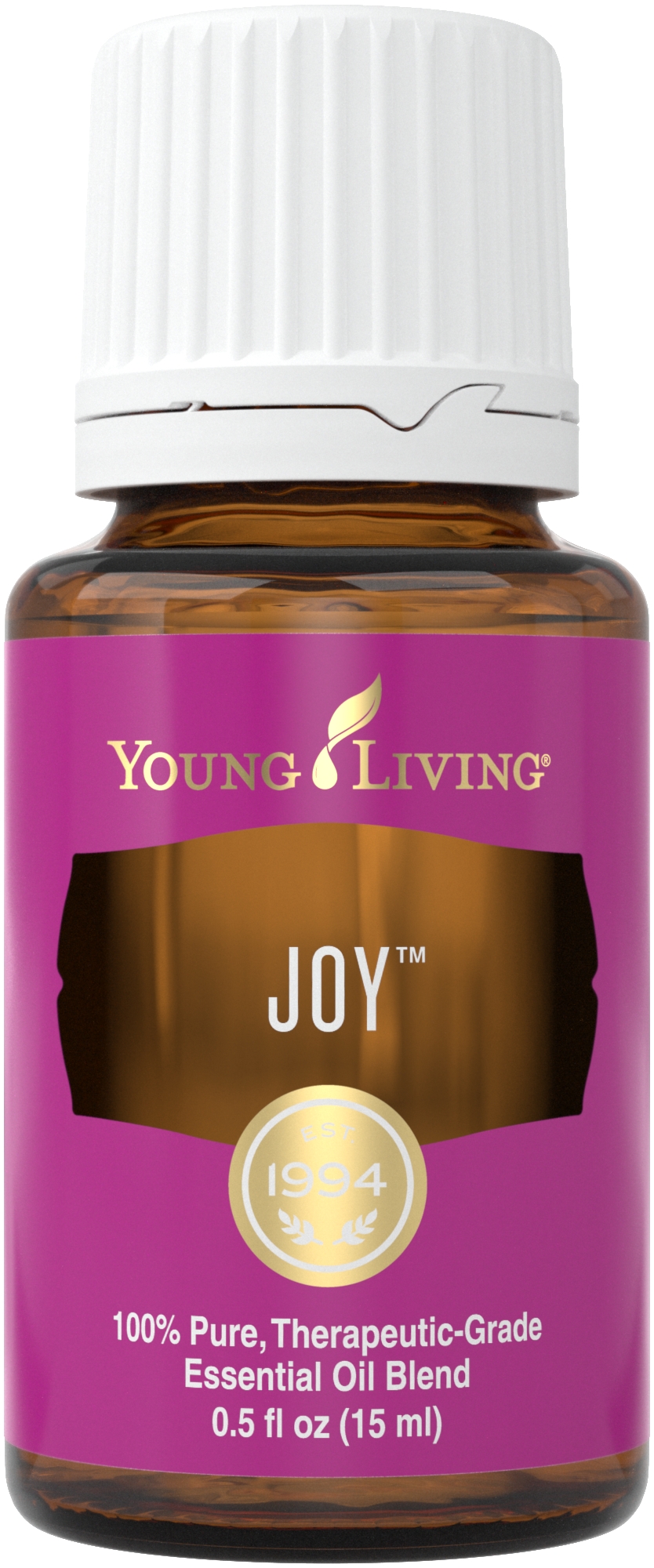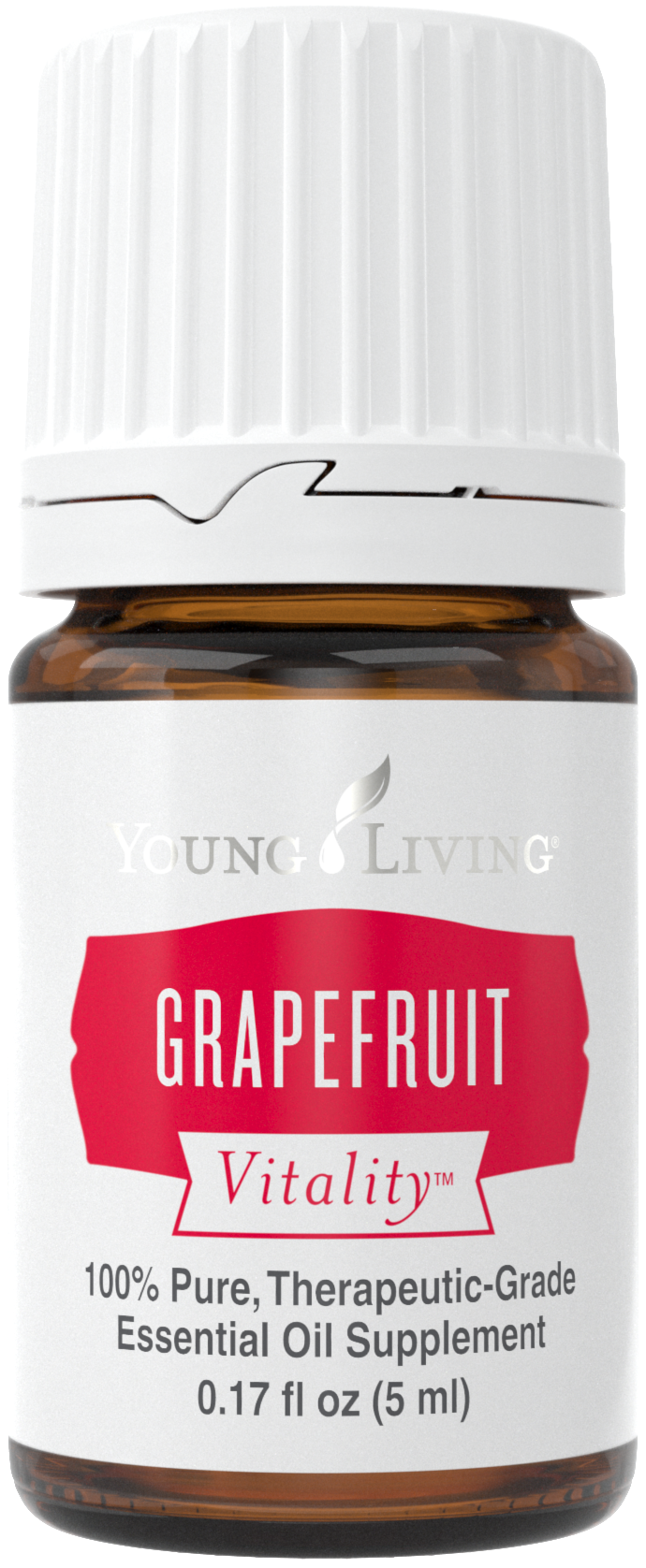
Answers to your most-asked essential oil questions
Whether you’re an expert essential oiler or just starting out, there’s a lot of information on essential oils that can seem overwhelming. We’re here to answer some of our top essential oil questions, so you can feel confident about using oils in your home!
1. Is it safe to share essential oils with my dogs or cats?
You can safely and effectively share essential oils with your furry friends, but not all oils are beneficial for your precious pets.* We recommend avoiding high-phenol oils such as Oregano, Wintergreen, Clove, Mountain Savory, and Thyme. Make sure you read the label on the back for directed usage—topical, aromatic, or ingested as a dietary supplement. Young Living also offers a full line of animal-specific products, including essential oil blends made just for animals, cat treats, dental pet chews, and Animal Scents® Shampoo.
Find out how to maximize and safely use Young Living products for your animals here.
2. Are essential oils still effective and safe if they’ve been left in the heat?
It’s best to store your essential oils in a cool, dry place. UV exposure will cause the greatest damage to the oil’s constituents, and combining heat exposure with light exposure will negatively affect your oils more quickly.
If your delivery package is sitting in the heat for several hours but the oils are not directly exposed to UV rays, the oils will not be compromised. If the oil is hot, cool it before using.
3. From where are Young Living essential oils sourced?
All Young Living oils are sourced from our corporate-owned farms, partner farms, or Seed to Seal®-certified suppliers. Whether you’re using our calming Lavender essential oil from Mona, Utah, or enjoying the fresh scent of Dorado Azul™ essential oil from Ecuador, rest assured that you’re getting the highest quality essential oils.
Our Seed to Seal commitment ensures that your family can enjoy the benefits of our global resources, industry leadership, and innovation through Young Living products.
4. What do the colors on the essential oil bottle labels mean?
The label color on the single essential oil bottles corresponds with the color of the plant from which the oil was derived. For example, Lavender essential oil comes from a purple flower, so the color of the Lavender bottle label is purple. The color and plant association does not apply to every single essential oil or to the blends, but we try to stick close to that design idea.
Did you know that you can determine which essential oils are safe to ingest by their label color? Vitality essential oils always have white labels and are marked as Vitality, so you can confidently ingest them!
5. Which essential oils are photosensitive? Can they burn my skin?
Some single essential oils and blends can cause photosensitivity and may cause burns if you are exposed to sunlight after applying the oil directly to your skin. Some of our most popular oils that fit this category are Lemon, Grapefruit, Bergamot, Peace & Calming®, Citrus Fresh™, and Joy™. There are also risks associated with other oils. Read the caution label on the back of every oil, so you can experience their fantastic benefits to the fullest!
6. How should essential oils be stored?
Tightly seal your essential oil bottles and store them upright in a dark, dry location around 72 degrees Fahrenheit. Make sure the oils are stored in a location where the temperature will remain consistent.
7. How can essential oils benefit my health?
Essential oils contain many properties that benefit your overall wellness. Did you know that Grapefruit Vitality™ can help support weight management, Cedarwood helps maintain healthy-looking skin, and Lavender promotes a calm feeling? We also have essential oils that aid digestion like Peppermint Vitality™, provide an uplifting aroma like Valor®, and contain relaxing, comforting properties like Ylang Ylang. There are numerous essential oil benefits that you can experience for yourself!
*If your pet or animal has a known health issue, please consult your veterinarian before administering essential oils.



